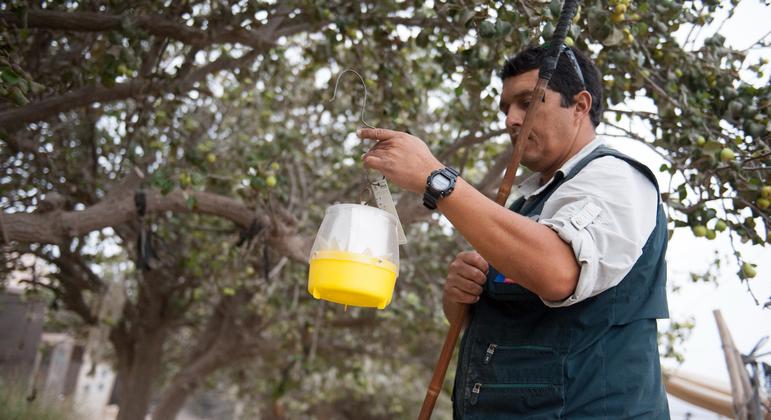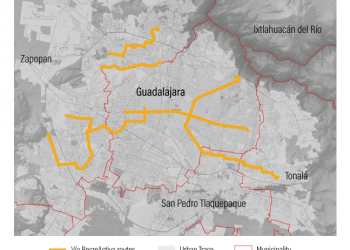Plant pests and diseases cause food crop losses of up to 40 per cent, according to FAO estimates.
And the damage they cause to agriculture and food production, exacerbates world hunger and threatens rural livelihoods.
In her opening remarks, to the 16th session of what’s formally known as the Commission on Phytosanitary Measures (CPM), FAO Deputy Director-General Beth Bechdol highlighted “crucial opportunities ahead” to raise the profile of plant health issues.
The Commission is the governing body of the International Plant Protection Convention (IPPC) an intergovernmental treaty signed by over 180 countries to coordinate the prevention and control of plant pests.
Celebrating plants
The senior official pointed out that the first celebration of the International Day of Plant Health will be held on 12 May and the first International Plant Health Conference will be hosted by the United Kingdom in September.
Ms. Bechdol thanked Finland for its leadership in implementing the International Year of Plant Health, which came to a close in July, and Zambia for championing the declaration of the annual International Day, which the General Assembly decided on last week.
Moreover, she said that last year, increased cooperation with the Comité de Liaison Europe-Afrique-Caraïbe-Pacifique resulted in a Memorandum of Understanding “that will trigger the development of advocacy materials and e-learning courses for use by phytosanitary practitioners around the world.”
Health and trade standards
With a total of 184 parties to the IPPC, the Commission is the only global or UN entity mandated to set standards for protecting plants and their products across borders while also facilitating save and efficient conditions for trading plants worldwide.
The IPPC Secretariat also sets up a global pest outbreak alert and a response system so that States can prepare for, and respond to, emerging pests in their territories.
And the Secretariat is currently working on adopting IPPC standards to help nations design best practices in plant health and safe trade.
“The current challenges we are witnessing today leave us with no option but to join our efforts and show full commitment towards the mitigation of the effects of the risks by adopting the IPPC standards and applying them at country and regional levels,” said CPM Chairperson Lucien Kouame Konan.
Without plant production, there will be no food for humans or feed for animals – IPPC Secretary
Positive ripple effects
The safe trade of healthy plants and their products across borders form the basis of a robust food value chain and are a key component in the fight against world hunger.
“Without plant production, there will be no food for humans or feed for animals,” reminded IPPC Secretary Osama El-Lissy.
He underscored the Convention’s “essential role” in providing knowledge and polices to safely move “billions of plants and plant products across borders,” adding that this also supports the Sustainable Development Goals (SDGs).


